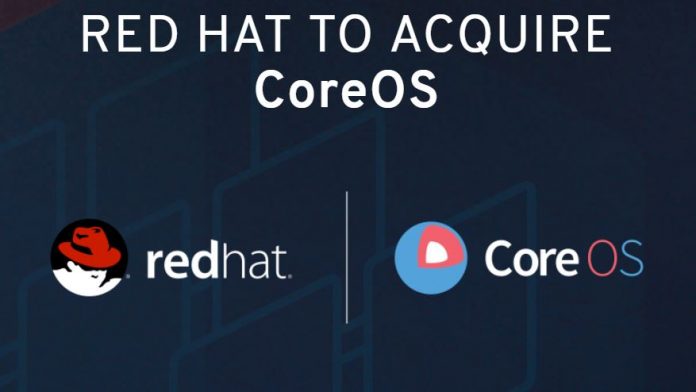Red Hat picked up CoreOS to bolster its container ecosystem in a deal valued at $250 million. CoreOS was funded by outfits such as GV (formerly Google Ventures) which is interesting since Google kickstarted a lot of the container and Kubernetes work in the industry.
Red Hat Ups the Ante in Kubernetes
Red Hat OpenShift has been at the forefront of the company’s Kubernetes offerings. As the industry has essentially shifted to Kubernetes over other competing container orchestration solutions. We have highlighted other companies moves to Kubernetes including Rancher Labs essentially standardizing on Kubernetes. For Docker, this is a big deal as well. With Red Hat picking up a container registry (CoreOS Quay) and an orchestration solution, Red Hat now has a broader portfolio than Docker itself has to offer customers which is a big deal given Red Hat’s market position.
Here is what Red Hat highlights as the product highlights from CoreOS:
CoreOS Tectonic, an enterprise-ready Kubernetes platform that provides automated operations, enables portability across private and public cloud providers, and is based on open source software. It also offers CoreOS Quay, an enterprise-ready container registry. CoreOS is also well-known for helping to drive many of the open source innovations that are at the heart of containerized applications, including Kubernetes, where it is a leading contributor; Container Linux, a lightweight Linux distribution created and maintained by CoreOS that automates software updates and is streamlined for running containers; etcd, the distributed data store for Kubernetes; and rkt, an application container engine, donated to the Cloud Native Computing Foundation (CNCF), that helped drive the current Open Container Initiative (OCI) standard.
(Source: Red Hat)
For Red Hat customers, this is a major move. It brings in a leading Kubernetes orchestration solution into the Red Hat family. Red Hat has been the poster child for making open source software into an awesome business and this is no exception.





This will also very likely mean the end of ContainerOS since it will be folded into RHEL. It’s a shame since the auto-updating and the combination of current kernel and container engine were quite the nice feature.